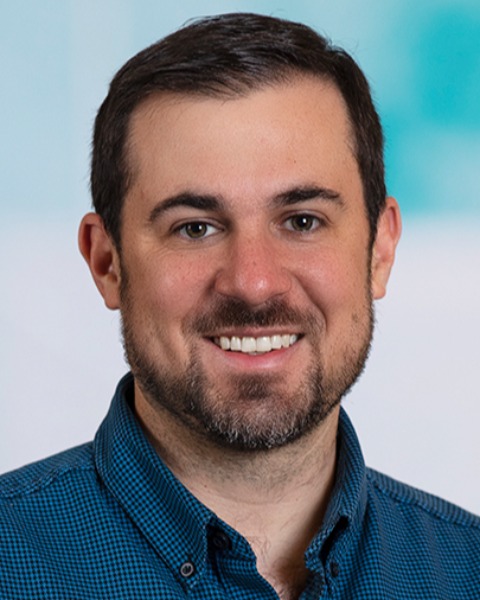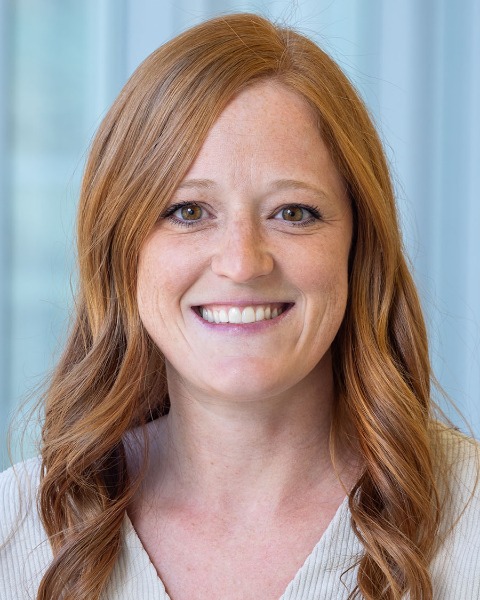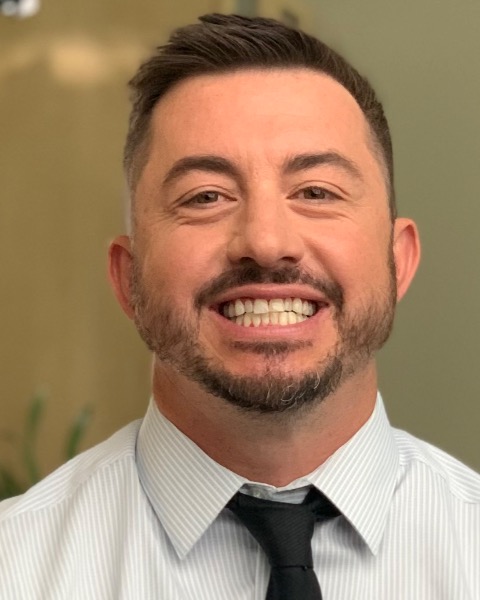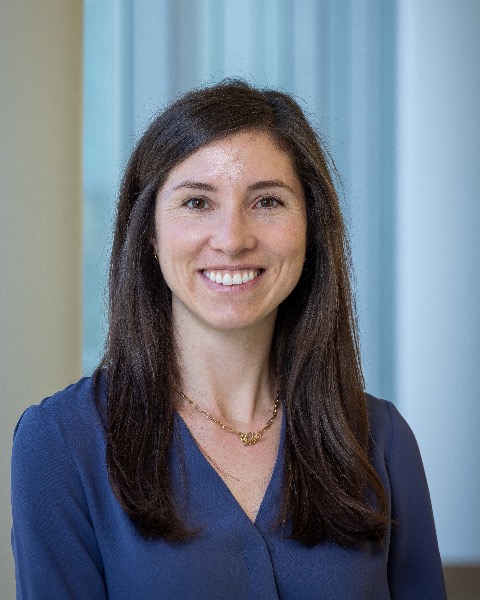Clinical Care
Trainee
Assessing and Managing Youth Suicide Risk in Complex Cases in Outpatient Medical Settings: A PCMH Workshop
-

Brian Pitts, MD (he/him/his)
Assistant
University of Colorado School of Medicine
Centennial, Colorado, United States -

Stephanie De Jesus Ayala, MS (she/her/hers)
Program Manager
Children's Hospital Colorado
Englewood, Colorado, United States -

Rachel Cafferty, MD
Assistant Professor
University of Colorado School of Medicine
Denver, Colorado, United States -

Beau Carubia, MD (he/him/his)
Assistant Professor, Dept of Psychiatry
University of Colorado School of Medicine
Aurora, Colorado, United States -

Nicole Penwill, MD, MPH (she/her/hers)
Assistant Professor, Section of Hospital Medicine
Children's Hospital Colorado
Denver, Colorado, United States
Leader(s)
Co-Leader(s)
Workshop
Description: In the United States, suicide has been the first or second leading cause of death for youth (10-19) since 2011; globally it is among the top five causes of mortality in youth. To address this crisis The American Academy of Pediatrics partnered with the American Foundation for Suicide Prevention to publish a blueprint for suicide prevention in 2022. This blueprint highlights pathways and practices for detecting suicide risk and intervening in outpatient medical settings. Adolescent providers are at the forefront of this work. Although many professionals effectively triage adolescents at very low and very high risk, many express discomfort and inexperience with determining suicide risk level assessments and providing initial management for patients at intermediate levels of risk.
This “advanced” workshop will provide a much-needed opportunity for participants to discuss real-life case-based scenarios which incorporate the nuances of typical adolescent primary care suicidality management, including adolescents presenting with comorbidities such as eating disorder or substance use, representing intersecting identities such as LGBTQIA+ youth or racially and ethnically minoritized youth, and youth with differential levels of family support. Participants will build skills around assessing suicide risk for patients of different complexity levels and performing initial management steps for them. The workshop will be framed around the Brief Suicide Safety Assessment (BSSA) championed by the NIMH and AAP and involve cases of varying complexity to help providers become more familiar and comfortable with the skills needed to provide this important care to their patients.
Learning Objectives:
- Participants will be able to describe the evidence for and components of comprehensive suicide prevention care, including risk assessment, safety planning, initial treatment, and brief interventions.
- Participants will be able to describe appropriate interventions for patients at different suicide risk levels, especially safety planning and means safety counseling.
- Participants will be able to apply the asQ/BSSA framework to challenging and complex patient cases to plan management strategies for these patients.
